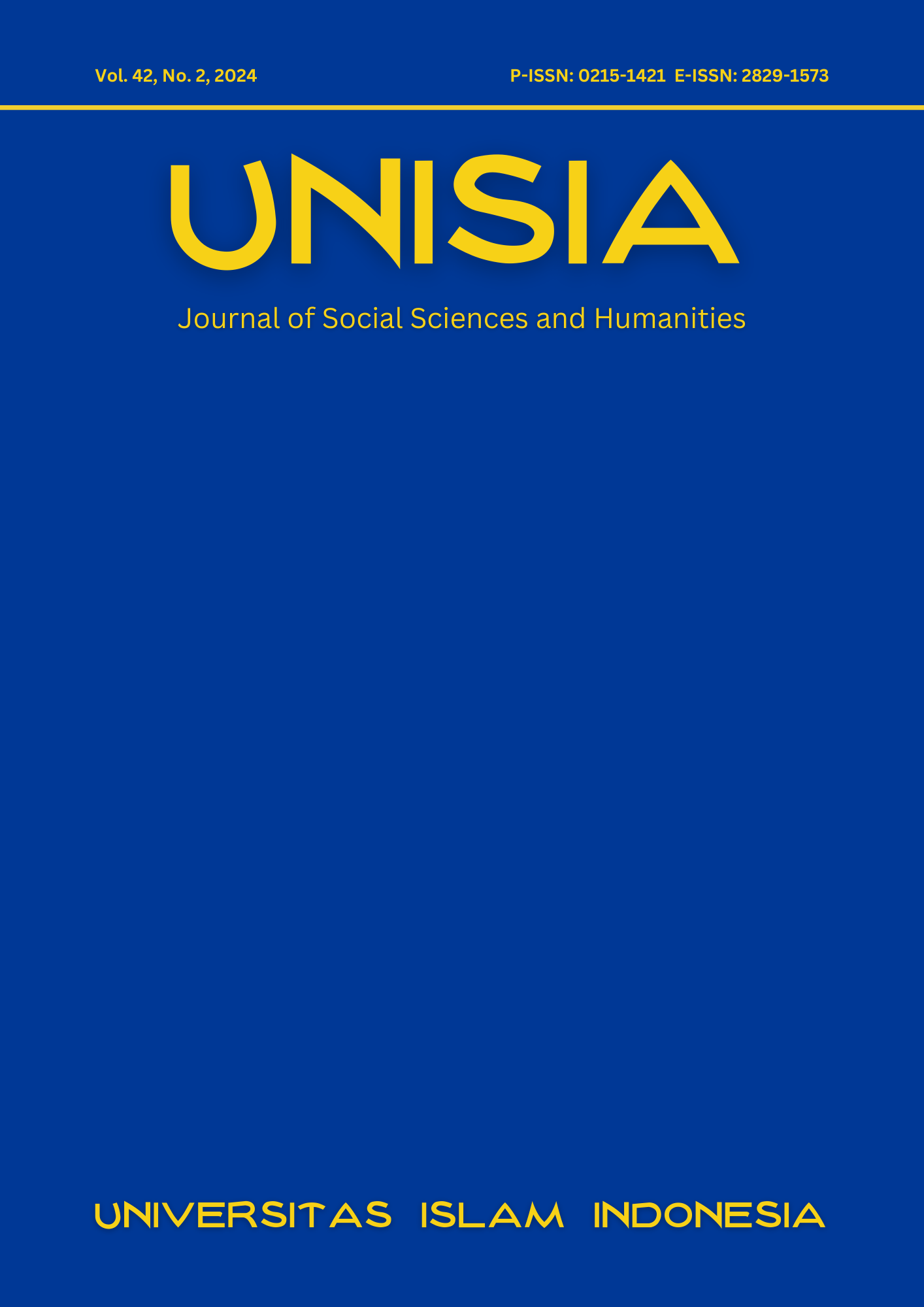Main Article Content
Abstract
Social media influencers (SMIs) have become increasingly influential in digital marketing, serving as key intermediaries between businesses and their target audiences. Despite their significant investments in time and resources to create engaging content, many SMIs struggle to maintain their follower base, often due to perceived deficiencies in source credibility. The link between SMIs’ credibility and followers’ sharing intention on food-related content among Malaysian youth is particularly under-examined. This study aims to bridge this gap by applying source credibility theory to examine how SMIs’ perceived credibility influences followers’ sharing intentions. The theory argues that how people think of communicators’ expertise and trustworthiness significantly influences individuals’ attitudes toward the source. Thus, by employing a quantitative approach through regression analysis, the study collected data via probability sampling with random respondent selection. The results indicate that perceived attractiveness is the best predictor of followers’ sharing intention on food-related content, overtaking both expertise and trustworthiness. These findings offer valuable insights for crafting more effective social media strategies that enhance engagement by focusing on the credibility aspects most valued by followers in the context of food content.
Keywords
Article Details
Copyright (c) 2024 Muhamad Shukur Suhaimi , Siti Nor Amalina Ahmad Tajuddin

This work is licensed under a Creative Commons Attribution-ShareAlike 4.0 International License.
- Authors retain copyright and grant the journal right of first publication with the work simultaneously licensed under a Creative Commons Attribution License that allows others to share the work with an acknowledgement of the work's authorship and initial publication in this journal.
- Authors are able to enter into separate, additional contractual arrangements for the non-exclusive distribution of the journal's published version of the work (e.g., post it to an institutional repository or publish it in a book), with an acknowledgement of its initial publication in this journal.
- Authors are permitted and encouraged to post their work online (e.g., in institutional repositories or on their website) prior to and during the submission process, as it can lead to productive exchanges, as well as earlier and greater citation of published work.




